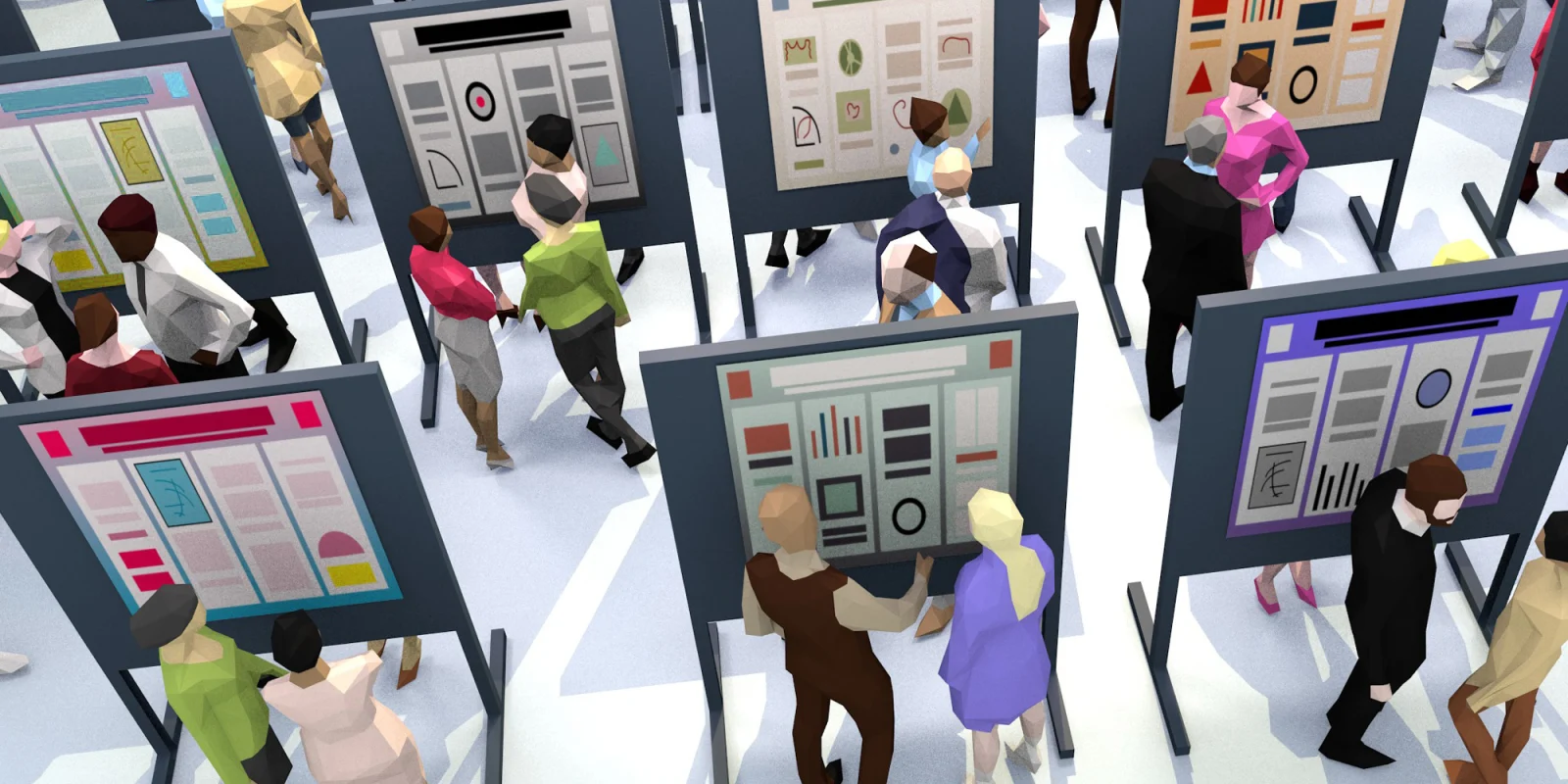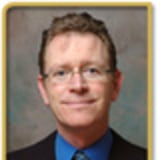
The 37th Annual Meeting of the American Society of Retina Specialists (ASRS) concluded this week. This meeting is the largest, open forum, for the exchange of information on the field of retina both in the United States, and internationally. Virtually every U.S.-based retina specialist is a member of the ASRS and more than 2,000 attended this year's meeting. Highlights of this meeting included novel presentations on advanced therapeutics for age-related macular degeneration, diabetic retinopathy, and new technologies for retinal surgery.
Unique to this years meeting were TAKE HOME POINT panels that typically highlighted 3 to 5 “pearls” that could immediately be used to improve the retina specialists' care of their patients. In the Ocular Oncology panel, panelists Kim, McCannel, Reichstein and Correa focused on the shift to earlier treatment for uveal malignant melanoma as the single largest shift to reduce melanoma related mortality. For patients undergoing radiotherapy for uveal melanoma (the most common primary treatment) the panel focused on the benefit for early, and ongoing, intravitreal anti-VEGF treatment to preserve best visual function and to reduce the need for secondary enucleation. Finally, the panel discussed the necessity, and impact, of tumor genetic typing in the prognostication for metastatic risk, the impact on screening regimens, and the potential for personalized medicine in melanoma care.
In pediatric retina, the TAKE HOME POINT panel noted the shift from primary laser ablation for ROP to intravitreal anti-VEGF treatment. Again the importance of genetic screening for rare pediatric diseases was discussed. Finally, this session highlighted the impact of gene therapy for biallelic RP65 children and focused on the unique surgical approach to this disease.
A major focus of the meeting was addressing the patient burden of care when using intravitreal pharmacotherapy. These patients often require evaluation and eye injections on a monthly basis for both age-related wet macular degeneration and earlier onset diabetic retinopathy. Multiple presentations focused on the utility of sustained release injections and/or devices, along with newer medications that have longer treatment efficacy post-injection. All of these approaches are aimed at lowering the treatment burden to our patients, their families, and their caregivers.
Five major awards were conferred during this meeting. Joan M. O’Brien, MD received the 24th Pyron Award and spoke on the “Genetics of Retinal Disease”, Lawrence A. Yannuzi, MD received the Founder’s Award and highlighted the importance of drusen classification in age-related macular degeneration, Seenu Hariprasad received the “Crystal Apple” award from the Early Career Section focused on Fellow’s education while Sophie J. Bakri, MD was recognized with the President’s Young Investigator Award.
A new service award , the Packo Award, was recognized and presented to its namesake, Kirk H. Packo, MD. This award will recognize outstanding service to the ASRS and the retina community.
Finally, the evolution in the retina specialty field was highlighted by the broad diversity of the panelists, moderators, and experts speaking at this year's meeting. Ultimately,the American Society of Retina Specialist continues to represent a national perspective on retina using its broad membership to focus on the most common blinding and life-threatening diseases affecting our communities. This meeting uniquely disseminates advanced educational information but also serves as a forum for best patient practices, surgical and medical advances, and the importance of the retina specialist in maintaining vision quality of life for our patients.
Timothy G. Murray, MD MBA FACS works at Miami Ocular Oncology and Retina (MOOR).
Illustration by Jennifer Bogartz







